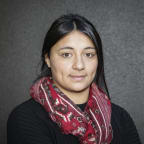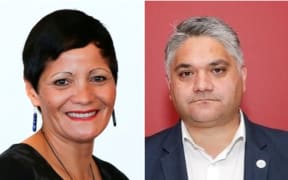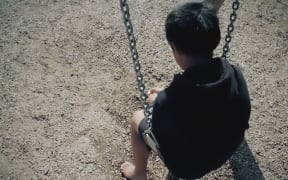A fresh cohort of Māori nursing graduates hopes to transform the industry, which has not seen a rise in Māori nurse numbers for 40 years.

Photo: 123rf
The number of Māori nurses has remained at 7 percent, prompting a Whāngarei mental health nurse just last month to undertake research in order to understand why.
This week 16 Māori students reached the finish line, graduating with a Bachelor of Māori Nursing at Whitireia.
Among them was mother of three, Sorrel Kemp, who said change was on the horizon, and Māori like her were determined to fill the gap in the industry.
"As a collective, we are the future of nursing," she said.
"As Māori, we are part of a collective change that needs to happen. It is humbling to know that that change is happening for indigenous nurses right across the motu."
Ms Kemp, of Ngāti Tukorehe, was inspired to pursue a career where she could help heal people after spending her childhood learning about rongoā or traditional medicine with her Nan, and raranga or weaving with her whānau.
"I was inspired by my grandma, seeing it on the marae and seeing other aunties doing raranga and rongoā, it was always around me," she said.
"I was always exposed to it at a young age and it wasn't until I started growing up and had my first child where I really started having fun with flax before I studied it.
"Learning the ancient art form we were exploring a lot with natural barks in terms of getting dye extracted and I guess it was friends and colleagues who were constantly boiling kawakawa and I'm a nohinohi so I wanted to know what all the rongoā was about."
One day Ms kemp would like to merge her knowledge of rongoā Māori with western medicine.
"I tie it all into my nursing journey. They talk about bringing back our culture and for me, that's what it is all about: raranga, karakia, waiata, haka.
"Even though I'm in a nursing space I don't leave that at the door, I bring that with me. I tie it in altogether as much as I can.
"Over time I'd like to merge the two together, but I do want to explore a Western way of thinking too and how they incorporate different things into their practice. One day I'd love to bring them together, but not until I'm comfortable with this space."
But, ultimately, she wants to give back to her people.
"The inequities for Māori within the health system have fuelled my passion to give health professionals another perspective on how things could be improved for Māori and other minority groups.
"I want to be able to express my perspective in a safe environment in the hope that positive change can take place for those groups that are over-represented in New Zealand's negative health statistics."






